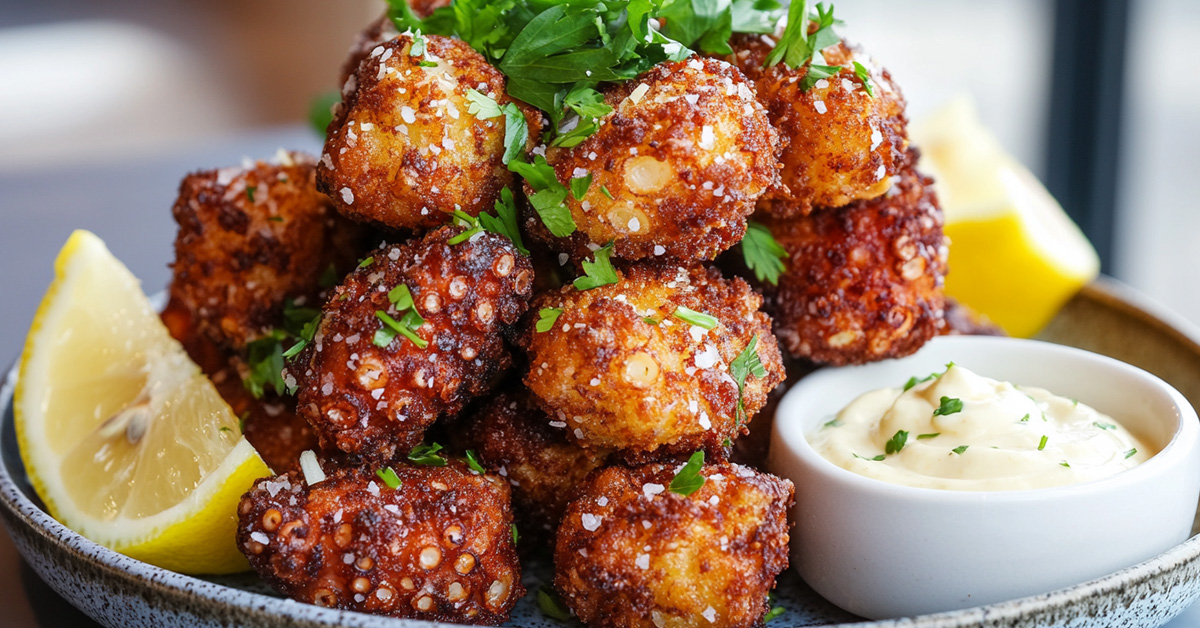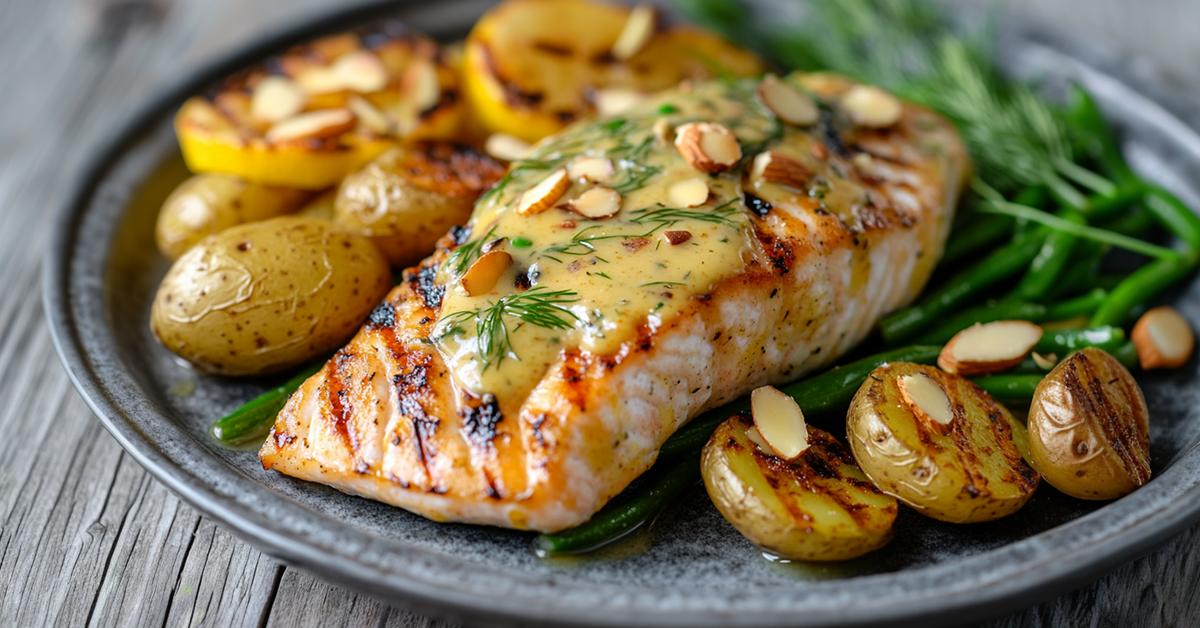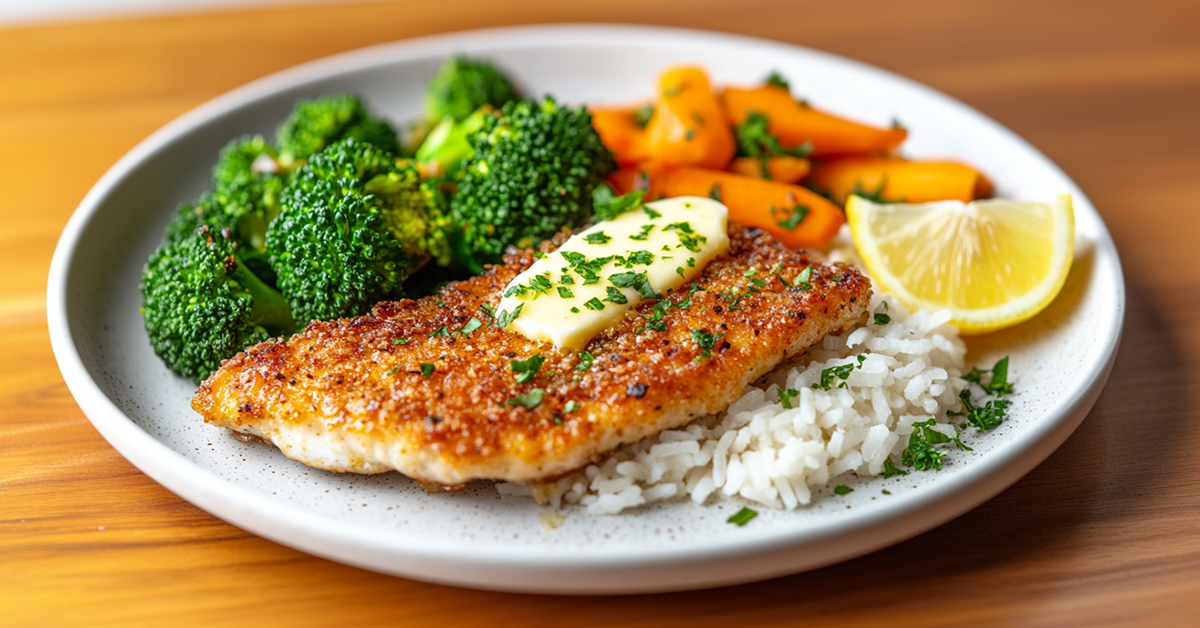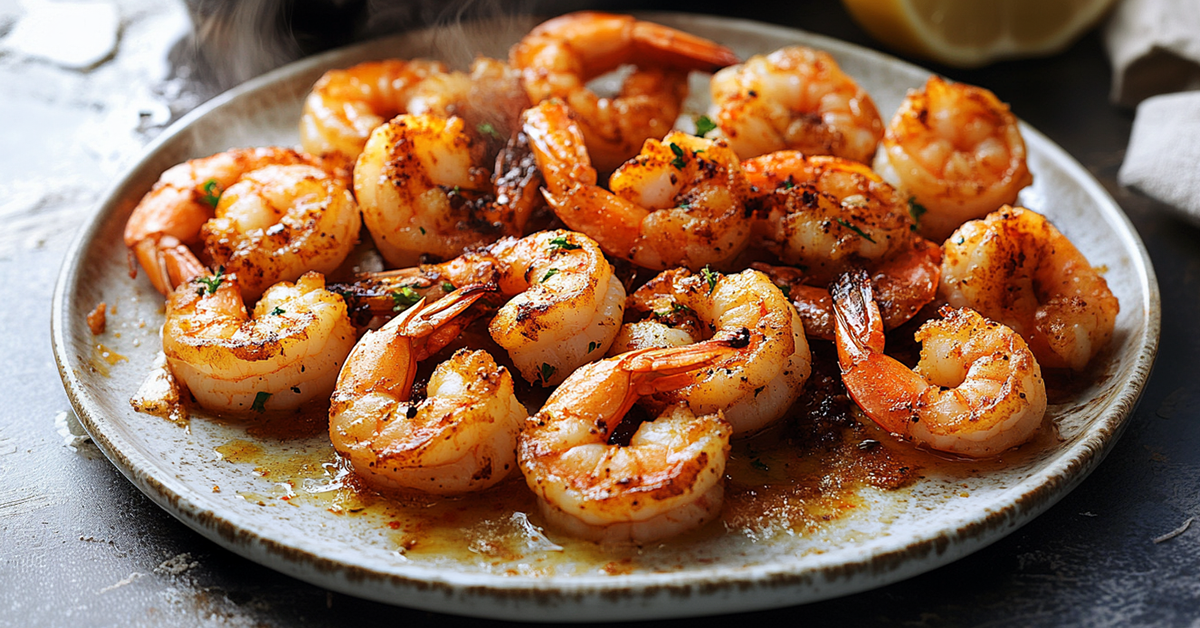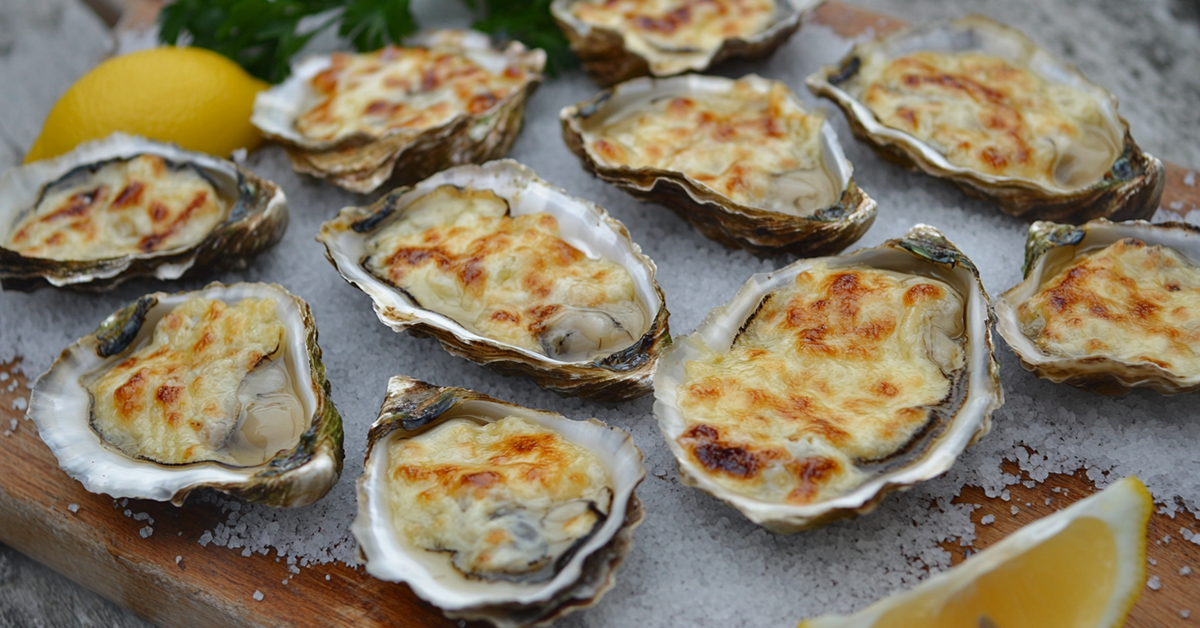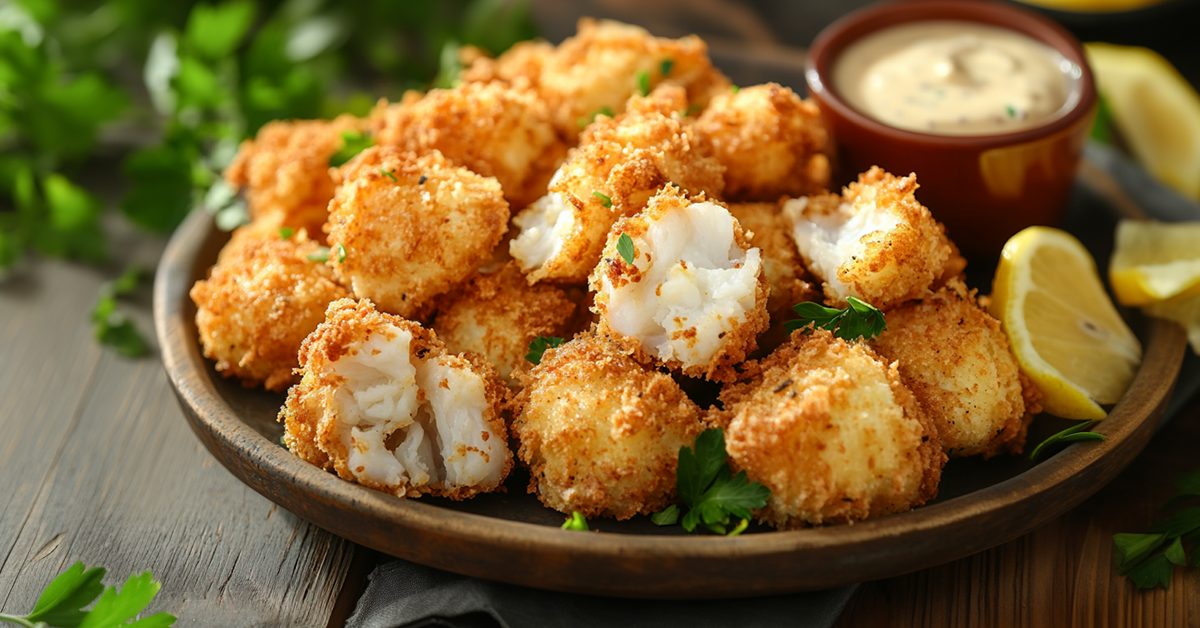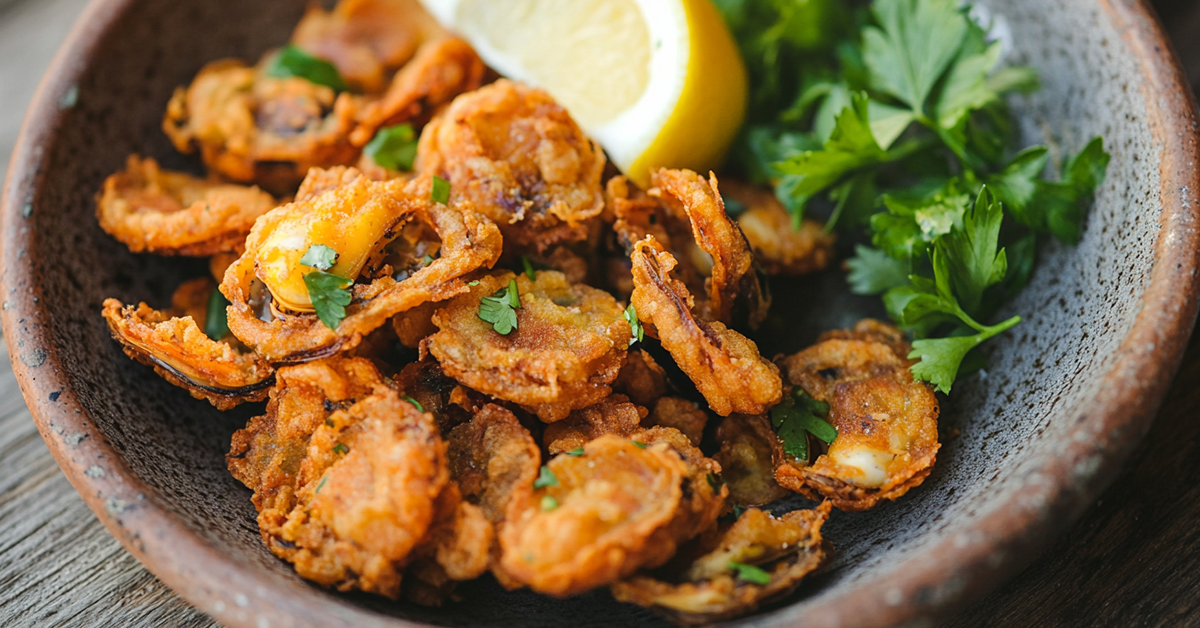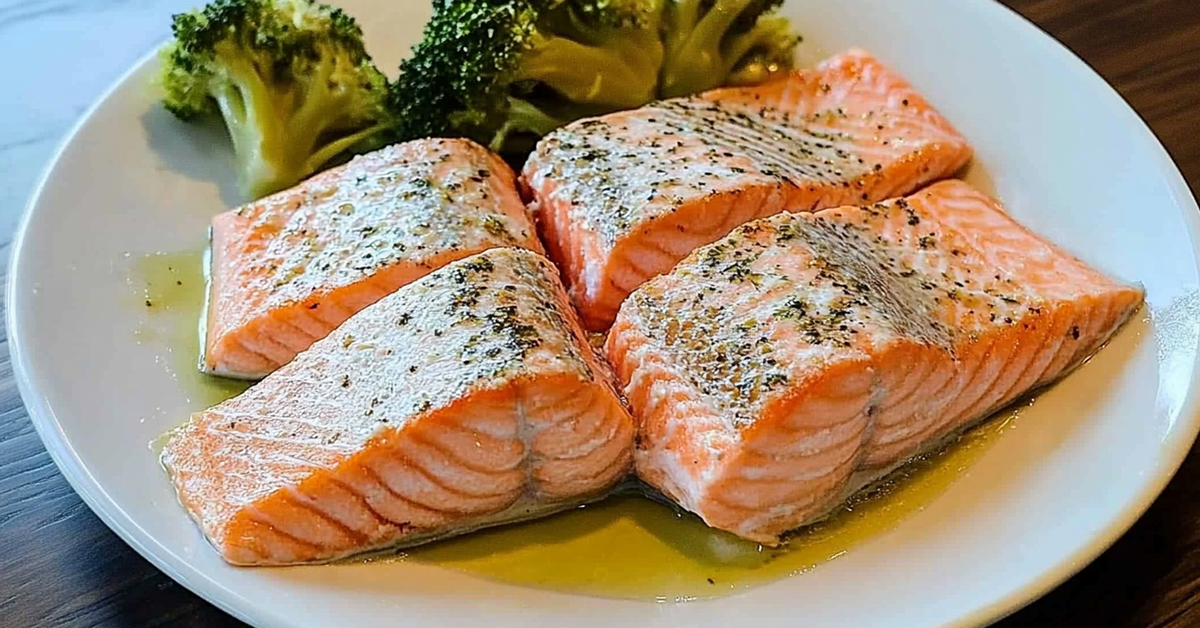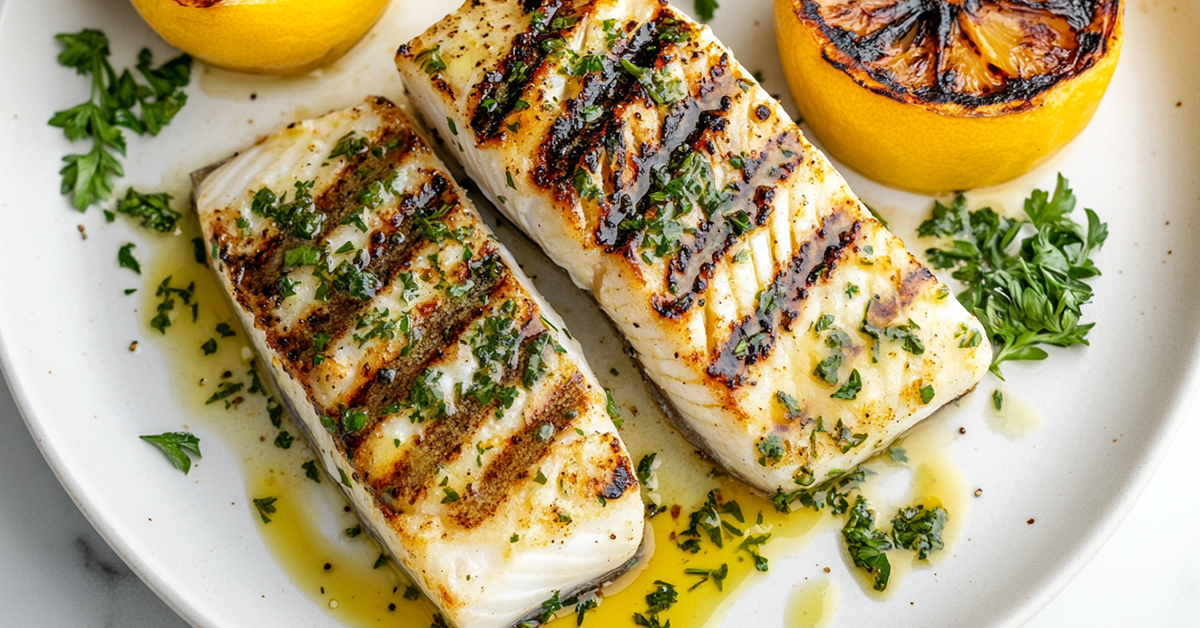Deep fried octopus delivers a perfect contrast – crispy exterior with tender meat inside. This seafood delicacy might seem like a restaurant-only dish, but you can prepare it right in your kitchen. Most home cooks avoid octopus, yet this impressive dish becomes quite manageable with proper technique.
A few basic principles will help you become skilled at frying octopus. The process is straightforward for both beginners and experienced cooks who want to refine their recipes. This complete guide shows each step of the process. You’ll find everything from picking fresh octopus to getting that perfect crispy texture. The result will match your favorite restaurant’s version.
This piece covers the creation of delicious fried octopus. You’ll understand the preparation steps, cooking methods, and serving ideas that will boost your confidence in preparing this impressive dish.
Table of Contents
What is Deep Fried Octopus?
Deep fried octopus brings together amazing textures that food lovers enjoy in cuisines worldwide. Each culture puts its own spin on this dish – from Japanese Karaage to Portuguese Filetes de polvo.
This seafood dish needs careful preparation through two stages. The octopus gets tenderized first – either through pre-boiling or marinating. A coating of flour or cornstarch follows before the octopus turns golden brown in hot oil.
You can cook this dish two ways:
- Use pre-boiled octopus to make preparation easier and reduce oil splatter
- Start with raw octopus to let flavors sink in better and create a tender texture
The cooking creates magic with textures – a crispy, golden-brown outside reveals tender, flavorful meat inside. The dish’s special quality comes from its seasoning flexibility. You can boost its natural briny taste with spices and marinades, though many chefs let the octopus’s natural flavors take center stage.
A perfectly cooked octopus should be tender enough to cut with a butter knife. The frying takes just 3-4 minutes at 350°F (180ºC), making it quick to prepare yet impressive to serve.
Deep fried octopus shines in its versatility. It works great as an elegant appetizer or a filling main course. Japanese restaurants serve it as a popular izakaya dish that pairs well with drinks. The leftovers stay good in your refrigerator for up to 3 days, making it perfect for meal planning.
Read also: Mojarra Frita Recipe
Choosing the Best Octopus for Frying
Frozen octopus often produces better results than fresh for frying. The freezing process helps tenderize the meat and makes achieving that perfect texture easier.
The octopus will shrink substantially during cooking – typically to half its original size. A 5-7 pound octopus should serve 8 people as an appetizer.
These qualities matter while selecting your octopus:
- Clear labeling showing species and weight
- Uniform color and firm texture
- No visible ice crystals or freezer burn
- Clean, briny ocean-like scent
- Firm white-pink flesh
- Intact tentacles
Pre-cleaned and frozen octopus dominates the market. Your fishmonger can handle the cleaning process, including removing the beak and eyes if needed. Smaller octopus works better for frying as it tenderizes and cooks evenly.
Patience matters during thawing. Let your octopus thaw slowly in the refrigerator for 24-48 hours. Short on time? Submerge the sealed package in cold water and change it every 30 minutes – this takes 2-3 hours. Avoid using hot water or microwaves because they can partially cook the octopus and create uneven texture.
Classic seasonings like garlic, fresh herbs, lemon, and olive oil enhance the octopus’s flavor. Asian markets sometimes offer pre-cooked octopus pieces, though raw octopus absorbs marinades better.
Proper storage plays a vital role – frozen octopus lasts for months, but check the packaging for damage before buying. This will give a quality starting ingredient for your deep-fried octopus dish.
Read also: Chinese Fried Fish Recipe
Preparing Octopus for Frying
Perfect fried octopus needs the right preparation. You should clean your octopus well under cold water. The suction cups need extra attention because they might have sand and residue.
Let me walk you through the preparation steps:
- Original Cleaning
- Remove internal organs, skin, and beak
- Turn the head inside out using your thumbs
- Cut around the eyes without puncturing them
- Extract the beak from the center of tentacles
- Rinse well and pat dry
You have two main ways to tenderize your octopus. The first option is to blanch it in boiling water for one minute. The second method combines a salt scrub with a deep tissue massage that breaks down tough muscle fibers.
Important Safety Note: Oil splatter can be dangerous when frying octopus. Moisture around octopus pieces and air pockets between flesh and skin are the main causes. You can minimize this by:
- Patting dry really well, especially in suction cups
- Taking off the skin (if you want to)
- Coating fully with flour or cornstarch
- Using a large lid to shield while frying
The octopus needs to marinate before frying. Mix fish sauce and lemon juice in a bowl and let it sit for about 30 minutes. This adds flavor and helps make the meat tender.
Cut your octopus into manageable pieces as the final prep step. Make 3cm sections of the tentacles. The head needs a special honeycomb pattern – create shallow parallel diagonal cuts, then repeat them at 90 degrees.
Pro Tip: Frozen octopus works great because the freezing process creates micro-lacerations that help tenderize the meat. Just make sure it’s completely thawed before you start preparing it.
The octopus will shrink substantially during cooking, so cut larger pieces than you need. Now your octopus is ready for frying after completing these steps.
Read also: Anjal Fish Fry Recipe
Essential Tools and Ingredients for Fried Octopus
Restaurant-quality deep fried octopus requires the right tools and ingredients. Let’s look at everything you need to create this dish in your kitchen.
List of kitchen tools needed for frying
Your kitchen needs these items to get started:
- Deep heavy-bottomed pot or cast-iron pan
- Kitchen thermometer for oil temperature
- Large lid (as a splatter shield)
- Tongs for handling octopus
- Paper towel-lined plate
- Slotted spoon
- Meat pounder (flat side) or heavy pestle
Suggested seasonings and marinades for flavor improvement
The right marinade makes your fried octopus stand out. A classic Mediterranean marinade combines:
- White wine vinegar
- Peppercorns
- Allspice berries
- Bay leaves
- Fresh garlic cloves
- Parsley
Asian flavors work well with this combination:
- Soy sauce
- Grated ginger
- Grated garlic
Pro Tip: Acidic ingredients can affect your octopus’s texture when used too long. Add lemon juice only during the final hours of marinating.
Importance of using the right oil for frying
The perfect golden-brown crust depends on your oil choice. Sunflower oil works excellently for deep frying octopus. Your oil temperature should stay around 375°F (190°C).
Your coating options include:
- All-purpose flour mixed with cornstarch
- Pure cornstarch for extra crispiness
- Rice flour for an Asian-style preparation
Safety Note: Hot oil and octopus can create dangerous splatters, especially with wet octopus. Watch your oil temperature and keep your splatter shield ready.
Mix your dredging ingredients before heating the oil. A simple mix needs:
- 1/2 cup all-purpose flour
- 3 tablespoons cornstarch
- Salt and pepper to taste

Deep Fried Octopus
- Total Time: 1 hour 15 minutes
- Yield: 4 servings 1x
Description
Make your kitchen a seafood paradise with this authentic deep-fried octopus recipe that gives you restaurant-quality results every time.
This recipe blends traditional tenderizing techniques with exact frying methods. The result is perfectly crispy octopus with a golden-brown exterior and tender interior. The dish takes about an hour to prepare and feeds 4-6 people.
Ingredients
- 1 medium-large octopus, cleaned.
- 1/2 cup all-purpose flour.
- 3 tablespoons cornstarch.
- 2 bay leaves.
- 1/2 cup dry white wine.
- Salt and pepper to taste.
- Vegetable oil for frying.
Instructions
- Put the octopus in a heavy-bottom pot with wine and bay leaves. Add water until covered and bring to a boil.
- Lower heat, cover, and simmer for 45 minutes until fork-tender.
- Let the octopus cool in the covered pot at room temperature.
- Cut the tentacles into 2-inch pieces and slice the head into rings.
- Mix flour and cornstarch in a plastic bag and season with salt and pepper.
- Heat oil to 375°F (190°C) in a deep frying pan.
- Coat the octopus pieces in flour mixture by shaking in the bag.
- Fry in batches until golden brown for about 1-2 minutes per batch.
- Drain on paper towels and serve right away.
Notes
Oil Temperature: Keep oil temperature steady between batches for even cooking.
Safety First: A splatter guard protects you from hot oil.
Storage: You can refrigerate leftovers for up to 3 days.
Reheating: The best results come from reheating in an air fryer at 350°F for about 5 minutes.
- Prep Time: 15 minutes
- Cook Time: 1 hour
- Category: Seafood
- Method: Frying
Tips on How to Fry Octopus Perfectly
Becoming skilled at frying octopus needs attention to detail and a few chef-proven techniques. Experienced cooks know these secrets to create perfectly fried octopus.
The path to tender octopus begins with proper tenderizing. You’ll need to simmer it in low heat for 30-40 minutes, depending on size, before you start frying. Never skip the tenderizing step – this prevents that dreaded rubber-band texture that makes people avoid octopus dishes.
These steps will give you perfect results:
- Tenderize really well before frying
- Pat-dry completely, especially between suction cups
- Maintain oil at medium-high heat
- Fry in small batches to prevent overcrowding
- Use a large lid as a splatter shield
- Monitor cooking time (3-4 minutes per batch)
Oil splatter is your biggest concern for safety. A large saucepan lid held at an angle above the oil creates a diagonal shield that protects you while still allowing room to turn the octopus.
Pro Tips for Better Results:
- The heads make great food – cut them into strips and bread them for a delicious alternative to calamari
- Season immediately after frying with sea salt and fresh herbs
- Try serving with garlic aioli or spicy mayo to add extra flavor
Your oil should maintain the right temperature between batches for the crispiest results. Your octopus won’t develop that golden-brown color if your oil temperature drops too low or you’ve overcrowded the pan.
Smaller, tenderized octopus pieces work best for frying. They cook evenly and give you that perfect balance of crispy exterior and tender interior. Pre-cooked octopus needs 30-40 minutes of marinating time before frying.
Common Problem Solutions: Chewy octopus usually means insufficient tenderizing at the start. Patience during the simmering stage matters – rushing affects your final result. A small pan or pot helps you deep-fry in manageable batches and makes the cooking process easier to monitor.
Read also: Fried Whiting Recipe
Health Benefits of Eating Octopus
Octopus isn’t just delicious – it’s a nutritional powerhouse that deserves a spot on your plate. This lean protein source gives you about 25 grams of protein per serving and stays light at 140 calories per serving.
Your body gets these essential nutrients from every octopus meal:
- Vitamin B6 and B12
- Iron and copper
- Zinc and selenium
- Phosphorus
- Choline
Heart Health Benefits Octopus helps your cardiovascular health with its omega-3 fatty acids. These good fats keep your heart healthy and might lower your heart disease risk. You’ll get 0.38 grams of omega-3s from each 100-gram serving – that’s over 20% of what you need daily. [Reference]
Brain and Mental Wellness Octopus can boost your brain function by a lot. The mix of omega-3 fatty acids and essential minerals helps your cognitive function and might protect your brain as you age. The food ranks sixth among top antidepressant foods, which suggests it could lift your mood.
Immune System Support Adding octopus to your meals strengthens your immune system naturally. The combination of protein, zinc, selenium, and vitamin B12 gives your immune system everything it needs to work properly. Selenium stands out here because it protects your cells from damage as an antioxidant.
Male Fertility Benefits Men looking to boost their fertility might find octopus helpful. The omega-3 fatty acids, zinc, and selenium could improve semen quality. Research still continues, but studies show these nutrients have positive effects on male fertility.
Deep fried octopus tastes great, but remember that frying adds extra calories. The good news? The basic nutritional benefits stay the same. The trick is to enjoy it in moderation and prepare it right to get all those health perks.
Read also: Abalone Dish Recipe
Nutrition Information for Fried Octopus
The nutritional content of deep-fried octopus can help you make better food choices. Deep-fried octopus contains about 206-220 calories per serving.
A typical serving of deep-fried octopus contains:
- Protein: 23.5g (47% of daily value)
- Total Fat: 9.5g (14% of daily value)
- Carbohydrates: 7g
- Cholesterol: 200mg
- Sodium: 320-490mg
The way you cook octopus substantially changes its nutritional value. Steamed octopus has about 163 calories per 100g serving, but frying adds more calories and fat. The good news is that you still get plenty of protein, which makes up about 88% of the calories in non-fried preparations.
Frying doesn’t change the mineral content much. Each serving gives you these essential nutrients:
- Iron: 2.7-9.48mg
- Zinc: 3.34mg
- Selenium: 89mcg
- Vitamin B12: 35.8mcg
- Potassium: 170-626mg
Eating fried foods often can raise your blood pressure and increase heart disease risk. You can reduce these risks by using the right frying techniques and eating smaller portions.
The protein-to-fat ratio shifts during frying. Raw octopus is mostly protein with little fat, but frying creates a more balanced mix of about 25% protein, 25% fat, and 18% carbohydrates.
References:
– WebMD
– Healthline
Note that these values may change based on how you prepare it, your portion size, and your choice of frying oil. The seasonings and marinades you use can also add more sodium to your dish.
Serving Suggestions for Fried Octopus
Deep fried octopus needs perfect companions to create a memorable dining experience. Let’s discover exciting ways to serve this crispy delicacy that will amaze your guests.
The traditional Japanese approach suggests serving your fried octopus as an izakaya dish with drinks. This style becomes exceptional especially when you have a casual gathering or want to create an authentic Asian dining atmosphere.
Perfect Sauce Pairings:
- Classic aioli sauce
- Garlic yogurt sauce
- Tartar sauce
- Spicy mayo
- Plain cream cheese
Your dish deserves the right wine selections. Here are some excellent choices:
- Assyrtiko – A dry Greek white wine
- Albariño – A light Portuguese or Spanish option
- Vermentino – An Italian white variety
Fresh sides help create a well-rounded meal. A mixed vegetable salad provides a refreshing contrast to the crispy octopus. You might want to add:
Traditional Accompaniments:
- Potato salad with olive oil or mayonnaise
- Fresh lemon wedges
- Herb-infused potatoes
- Quinoa salad with roasted vegetables
Your dish’s presentation will lift with a pinch of sea salt and fresh parsley right after frying. Lemon wedges arranged around the plate and chopped green onions add visual appeal and flavor.
A Mediterranean-style spread works beautifully as a main course. The combination of Greek salad and crusty bread helps mop up any sauce. These elements create a perfect balance of textures and flavors that enhance the octopus’s crispy exterior and tender interior.
Small plates shine in tapas-style spreads for casual entertaining. Your guests can sample different combinations of sauces and sides. Note that this versatile dish tastes great both warm and at room temperature, making it ideal for buffet-style serving or make-ahead party preparation.
Temperature variations add flexibility to your presentation. The dish delights guests whether served hot or at room temperature, particularly with a chilled white wine and fresh salad. This adaptability makes it perfect for both formal dinners and casual gatherings.
Read also: Fried Lobster Recipe
Conclusion
Deep fried octopus might look tough to make at first, but becoming skilled at this dish opens up exciting ways to cook. With proper prep techniques and the right tools, you can make restaurant-quality octopus in your kitchen.
Your hard work pays off with a perfectly balanced dish that’s crispy outside and tender inside. It’s packed with protein and essential nutrients too. You can serve fried octopus at fancy dinner parties or casual get-togethers.
The right oil temperature and patience during prep will make your dish shine. Start with small batches to build your confidence. You’ll soon find out why this seafood delicacy shows up in cuisines worldwide. Serve it with Mediterranean sides or as part of an Asian-inspired spread – your deep fried octopus will be the star of your cooking lineup.

